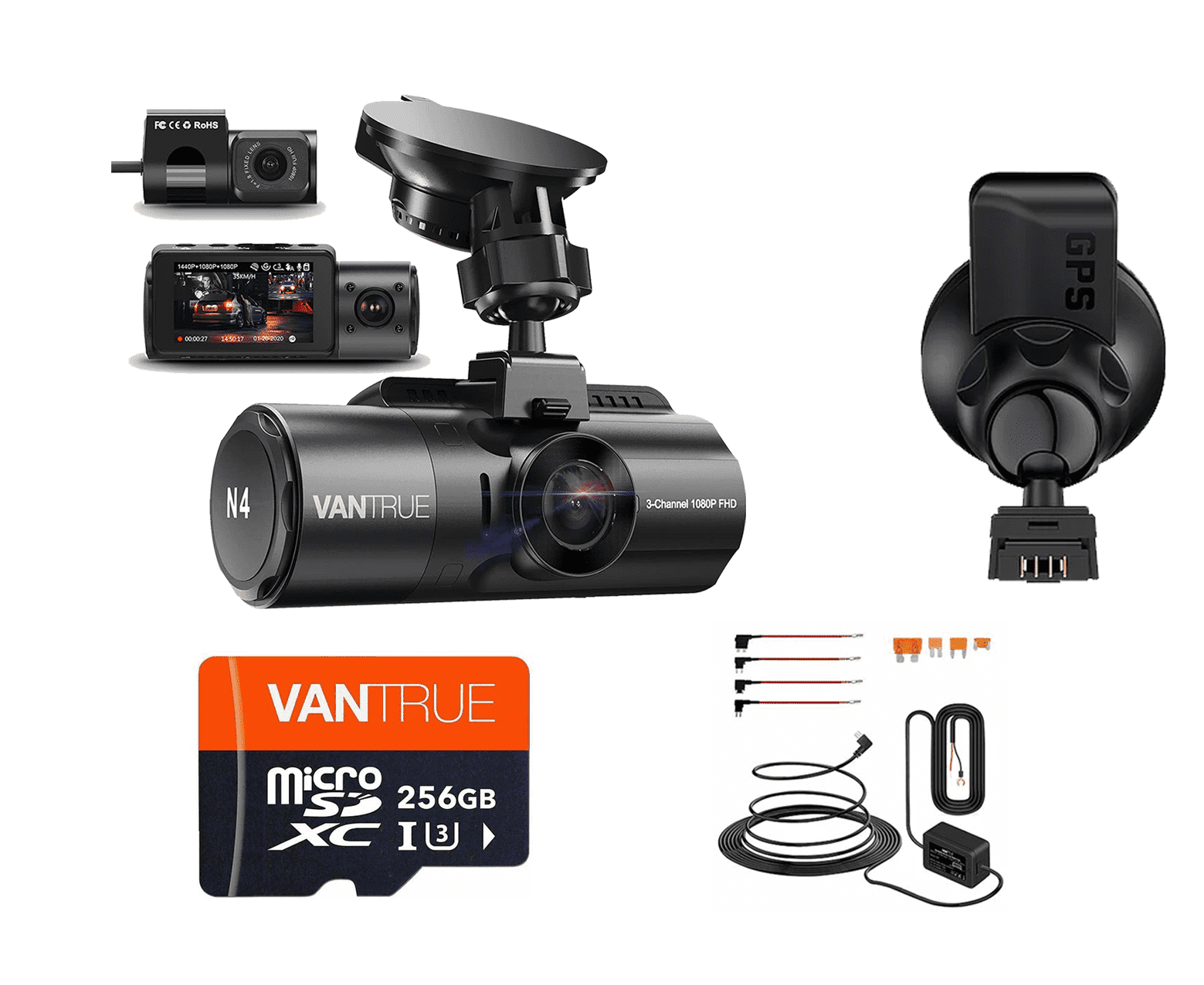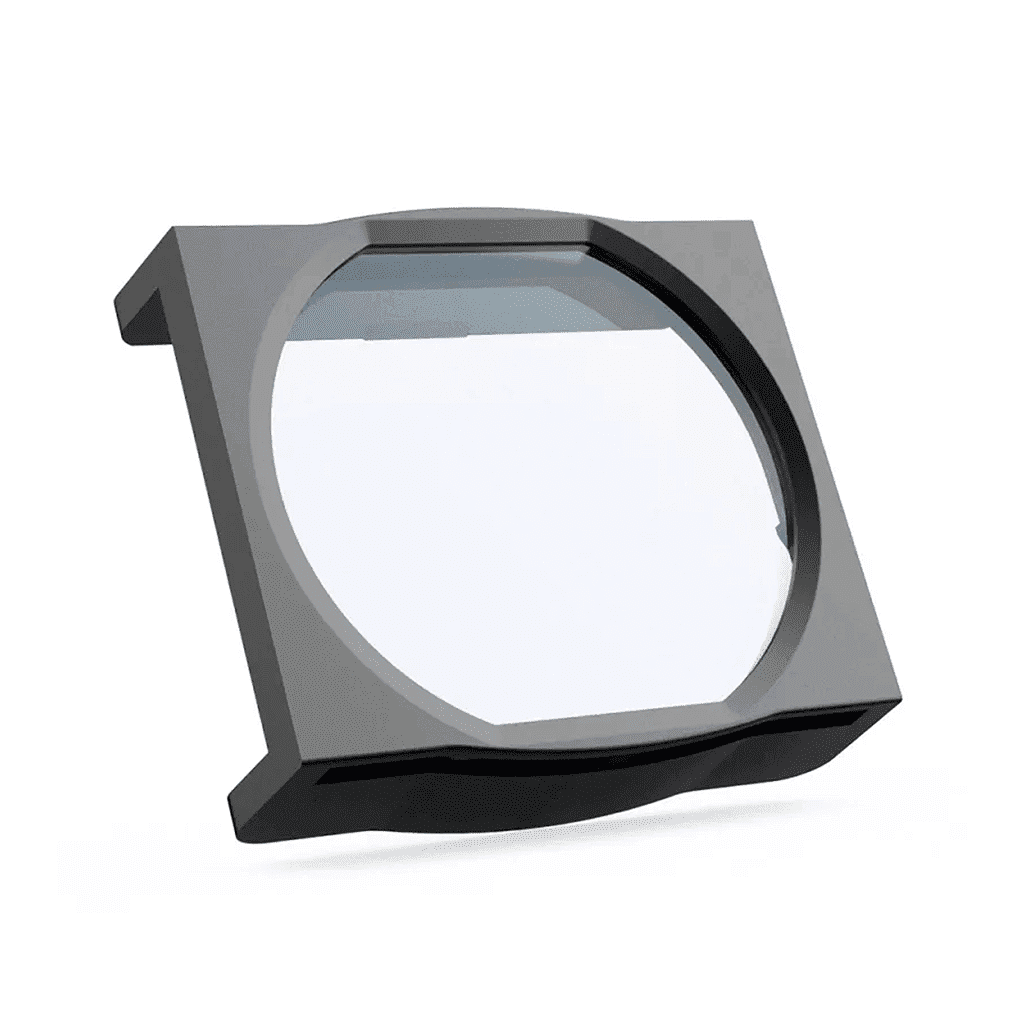Dashcams are now enjoying great popularity in Germany. The compact devices are installed in the car and offer the driver many useful functions. If there is an accident on the road, the cameras can provide valuable evidence and protect the vehicle even when it is parked. However, their use in public spaces in this country is legally controversial and is regulated by data protection. We will explain to you when the use of a dashcam is permitted and when fines are threatened.
Dashcam allowed: What can a car camera do?
Dashcams are small cameras that are attached to the vehicle. They film what is happening on the road in front of the car, but depending on the model, they can also record the interior and rear of the road. The cameras are popular for this function, but at the same time filming in traffic can be legally problematic. In addition to videos of accidents, modern devices offer a range of other helpful assistance functions that make driving safer and more pleasant. High-quality dashcam models can:
- Take clear pictures (even in the dark) that show license plates.
- Help with parking: With automatic parking assistance.
- Help with reversing with a rear view camera: No blind spots.
- GPS and speed tracking live.
- Monitor the car when parked: Parking mode (automatically switches on when movement is detected around the vehicle).
- Recognize traffic signs and warn you via voice notification.
- Help with difficult and unknown routes: warnings about one-way streets, speed limits, red lights, etc.
A dashcam is much more than “just” a camera that films. However, as soon as you use it as a camera to film traffic, you may be violating German data protection law.
The German General Data Protection Regulation (GDPR)
In general, permanent, random filming is not permitted and violates data protection laws. In Germany, no one may be filmed against their will. This applies not only to people, but also to license plates, bicycles, etc. Anyone who makes videos of others and publishes them without permission is also violating the right to informational self-determination. Anyone who films permanently, saves the recordings or even puts them on the Internet is committing a criminal offense.
In Germany, there is also an obligation to inform those being filmed. While you can put up a warning sign at a house, this is not possible in moving traffic. This is another violation of the General Data Protection Regulation.
When using the dashcam, it is therefore important to only film briefly and only during specific incidents. The data may only be saved for a specific reason. All other recordings must be deleted immediately. Furthermore, the use of the camera is only permitted if it serves the protection of legitimate interests, is for specific, defined purposes and does not outweigh the interests of those being filmed.
How to use the dashcam
The belief that dashcams are banned in Germany is still widespread. But despite the strict data protection guidelines, this is not true.
In fact, there is no law that prohibits the (proper) installation of a dashcam in the car. As already mentioned above, a car camera can also help with navigation, warn you of obstacles in traffic and serve as a parking aid. It is only when filming that the driver enters a legal gray area in which he must be careful.
In order not to violate data protection laws, almost all modern car cameras have a so-called loop function. This ensures that all recordings are automatically overwritten. Accidents and incidents are saved using the G-sensor. Short, event-related recordings are generally unproblematic as long as they serve to clarify the situation. Most insurance companies accept video evidence to reconstruct accidents and the videos can also be admitted as evidence in court in certain cases - although not always.
Dashcams as evidence
When it comes to the admissibility of dashcams as evidence, a case from 2018 (case number VI ZR 233/17) is decisive. Here, the Federal Court of Justice ruled that in individual cases, permanent, unprovoked recordings from a camera can be used as evidence in accident liability proceedings.
The trial arose when an accident occurred in a double left-turn lane in an urban area, in which two vehicles collided sideways. The parties then argued about who was to blame for the incident. A dashcam in one of the cars had recorded the accident, but this was not admitted as evidence by the lower courts.
The BGH then issued a new landmark ruling because it did not share the strict view of the lower courts. It was decided that a data protection violation does not automatically mean that the data cannot be used in court. This is because the dashcam in the car only records what everyone sees on public roads. Many accidents often cannot be properly clarified, so the recordings can also be valuable for accident assessors. However, it is important that the camera does not constantly film and save. Uneventful videos must be overwritten at short intervals.
If an accident occurs, it must always be examined individually whether the dashcam recordings can be used as evidence in court. Here, the personal rights of the person being filmed and the interests of the person filming are weighed against each other.
Dashcam: Fine for illegal use
Not every recording is permitted. If videos are shared or published, owners may face fines. This can happen if you post dashcam recordings on the Internet or pass them on to the police and insurance companies. In some federal states, fines in the lower range have already been imposed. However, each case is examined individually. If the recordings are just short and serve to clarify the situation, there is usually nothing to fear.
However, the situation is different when private individuals want to report someone directly to the police using a video. Recordings for criminal prosecution purposes are only permitted to the police themselves and even then only within certain limits.
When used correctly: Dashcams allowed in Germany
Although it is often disputed, dashcams are permitted in Germany. If installed correctly, they can help you while driving and provide evidence in the event of an accident. However, there are a few things you need to keep in mind when using the film function in order to avoid violating data protection. Continuous, unprovoked filming and publishing the material is not permitted. However, since modern models have a loop function, unprovoked recordings are automatically overwritten and only important incidents are saved. These can be admitted as evidence in court if they contribute significantly to solving the accident. Investing in a dashcam can definitely be worthwhile in the long term.









